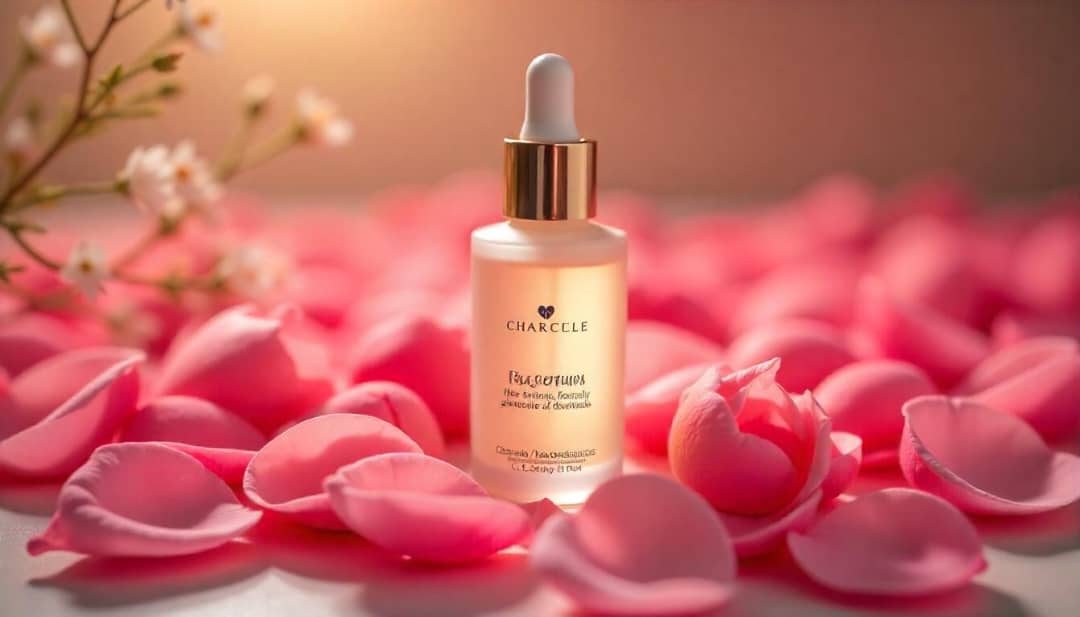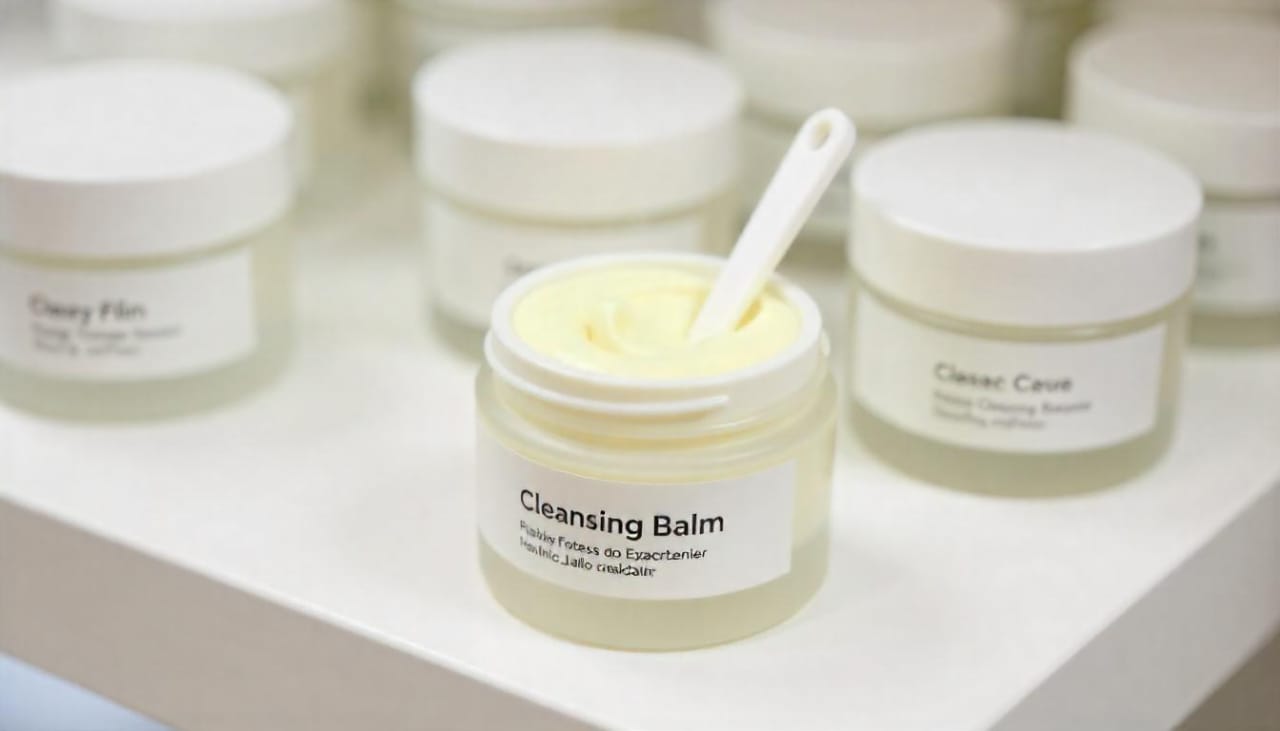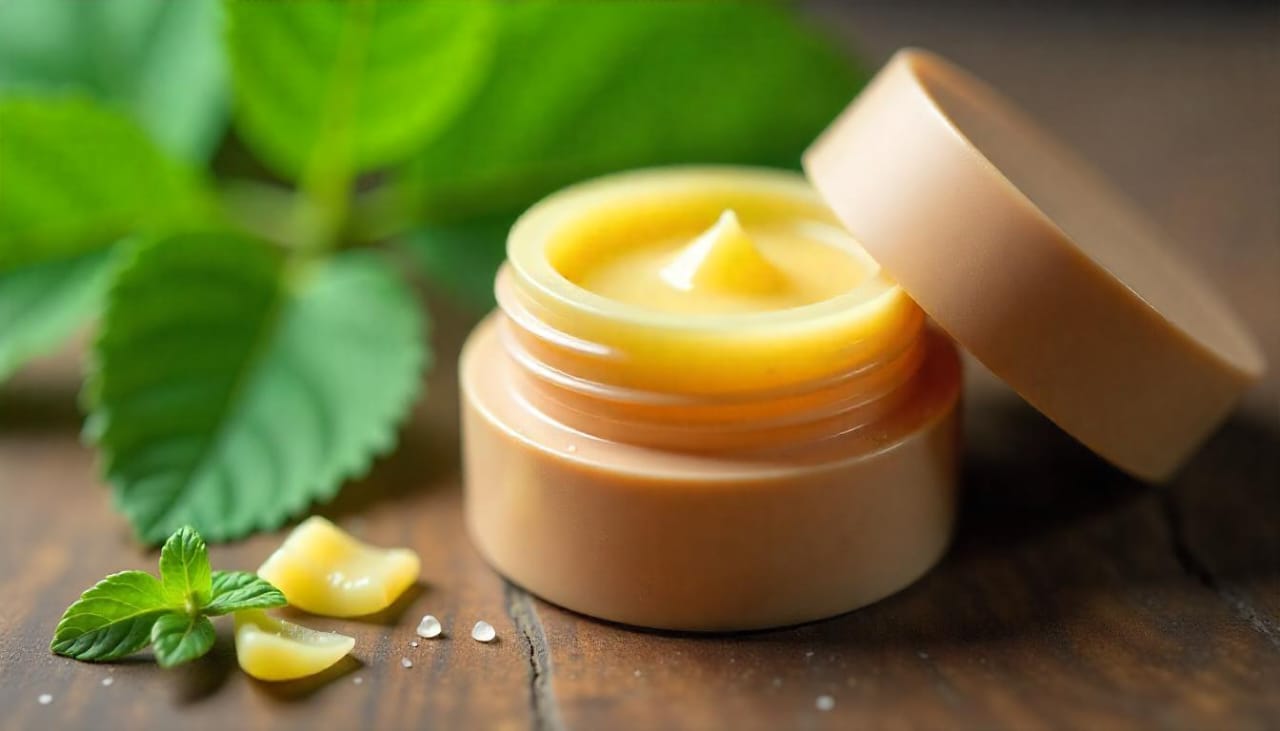In the ever-evolving world of skincare, certain ingredients quietly rise to fame for their transformative effects—and peptides are one of them. While ingredients like retinol and vitamin C often steal the spotlight, peptide serums work behind the scenes, supporting your skin’s natural ability to heal, restore, and rejuvenate.
If you’re looking for a gentle yet powerful way to combat signs of aging, boost skin firmness, and improve elasticity, it’s time to get familiar with peptides—your skin’s natural building blocks.
What Are Peptides?
Peptides are short chains of amino acids, which are the building blocks of proteins like collagen, elastin, and keratin—all essential for healthy, youthful-looking skin. As we age, our body’s ability to produce these proteins naturally declines, resulting in wrinkles, sagging, and dullness.
Peptides in skincare act as messengers, telling your skin to produce more collagen and repair itself. Think of them as little signals reminding your skin to behave like it did when it was younger.
Benefits of Peptide Serums
1. Boosts Collagen Production
Peptides help stimulate the production of collagen, which leads to firmer, plumper skin. This means fewer fine lines and a more youthful appearance over time.
2. Improves Skin Elasticity
Loss of elasticity leads to sagging skin. Peptides help restore bounce and resilience, making your skin look tighter and more lifted.
3. Smooths Fine Lines and Wrinkles
Because peptides promote collagen and elastin synthesis, they naturally reduce the depth and visibility of wrinkles, especially around the eyes and mouth.
4. Enhances Skin Barrier Function
Certain peptides help strengthen your skin’s protective barrier, keeping hydration in and irritants out. This makes peptide serums perfect for dry, sensitive, or aging skin.
5. Soothes Inflammation and Redness
Peptides have anti-inflammatory properties, helping to calm irritated or stressed skin. Some even help with wound healing and reduce post-acne redness or damage.
The Science Behind Peptides
There are many types of peptides used in skincare, each with different functions:
- Signal peptides (e.g., Matrixyl) stimulate collagen and elastin production.
- Carrier peptides deliver trace minerals to the skin to support repair.
- Enzyme-inhibitor peptides slow down the breakdown of collagen.
- Neurotransmitter peptides relax facial muscles, similar to Botox, helping reduce expression lines.
Peptide serums often contain a blend of these types for maximum anti-aging and restorative effects.
How to Use Peptide Serums in Your Routine
Peptide serums are incredibly versatile and can be used morning or night. Here’s how to incorporate them:
- Cleanse and tone your skin as usual.
- Apply a few drops of your peptide serum to clean, slightly damp skin.
- Follow with a moisturizer to lock in hydration.
- Use sunscreen in the morning—healthy skin is protected skin!
💡 Tip: Peptides work well with other ingredients like hyaluronic acid, niacinamide, and ceramides. However, avoid layering with direct acids or high-strength exfoliants, which may break peptides down.
Who Should Use Peptide Serums?
Peptides are safe and beneficial for all skin types, including:
- Mature skin (to reduce wrinkles and sagging)
- Sensitive skin (thanks to their calming, non-irritating nature)
- Dry or dehydrated skin (to reinforce the barrier)
- Preventative skincare (if you’re in your mid-20s and up)
Unlike stronger actives, peptides are gentle and non-invasive, making them ideal even for those new to skincare.
Final Thoughts: Small Molecules, Big Impact
Peptide serums may be subtle in sensation, but their effects are powerful and long-lasting. By working in harmony with your skin’s natural processes, they help restore youthfulness, firmness, and vitality without irritation.
If you’re looking to age gracefully, support your skin barrier, and achieve a smoother, healthier-looking complexion, peptide serums are a science-backed essential that belongs in your skincare arsenal.
Small molecules. Big results. That’s the magic of peptides.





Leave a Reply